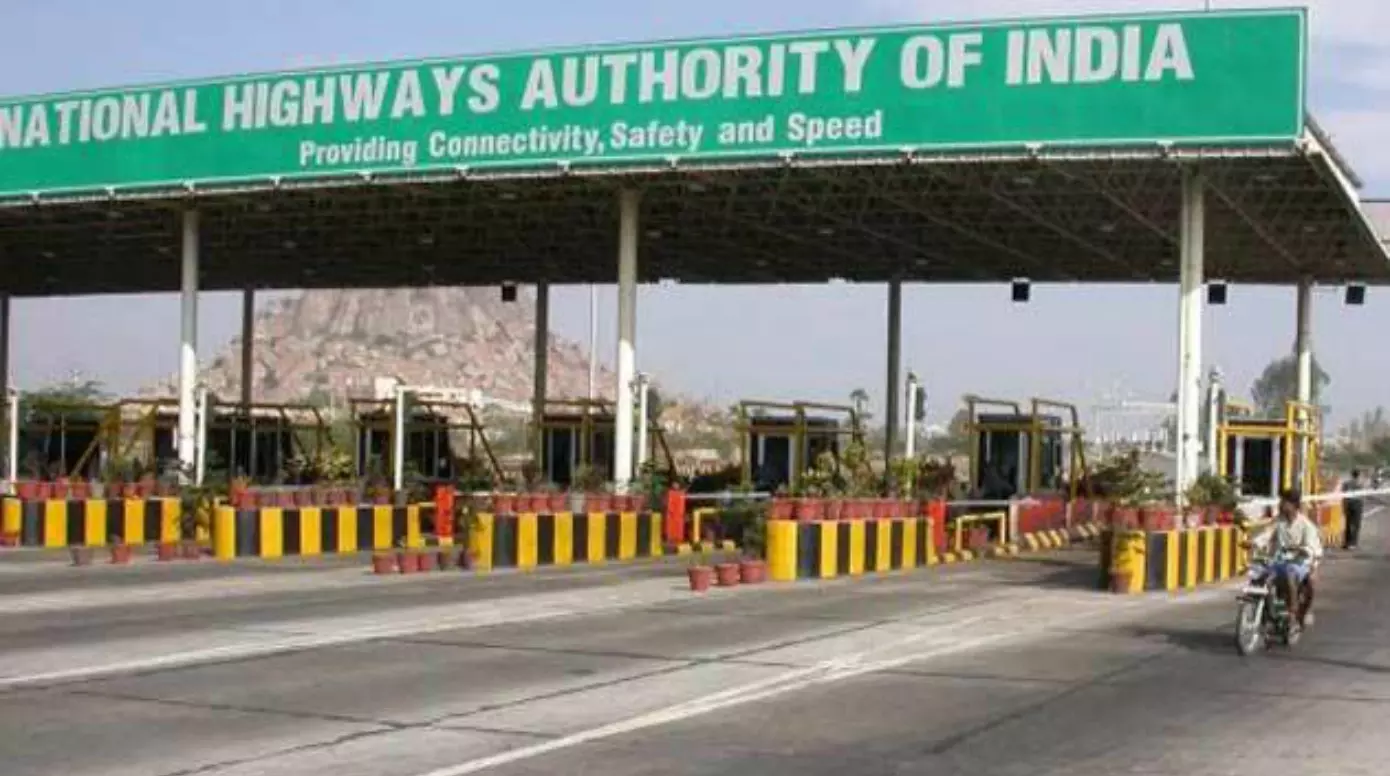Centre Has Power To Notify Any Land For Acquisition For A New National Highway : Supreme Court
LIVELAW NEWS NETWORK
9 Dec 2020 6:13 PM IST

Next Story
9 Dec 2020 6:13 PM IST
The Supreme Court, while upholding the notifications for land acquisition for the Chennai-Salem eight lane expressway, held that the Parliament has legislative competence to make a law for acquisition of "any land" for building or construction of a new highway.One of the issues raised in these cases was about the legislative competence of the Parliament to enact a law for declaring open ...
